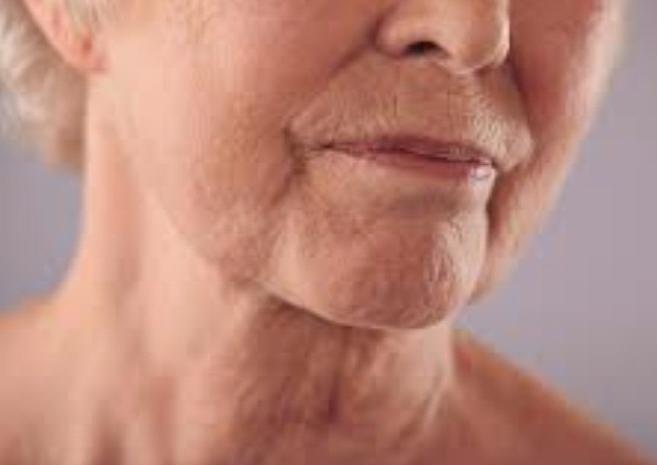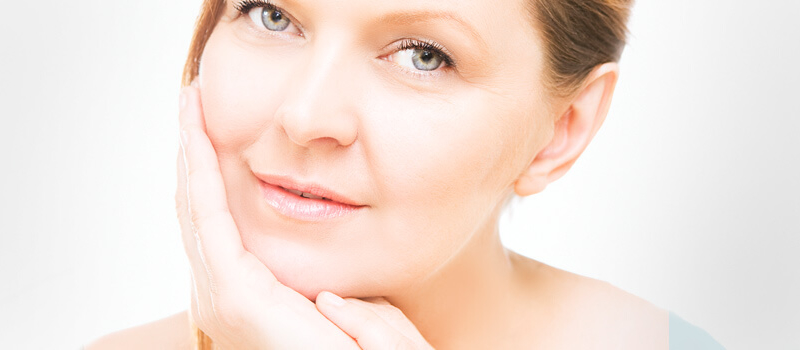When it comes to skin types, it seems that for the most part, we always want that skin type that we don’t have i.e. oily-skinned teens pile on products to dry their skin to prevent breakouts, while mature women slather on cold creams and moisturizers to make their skin resemble a teenager’s. People have the opportunity to protect their skin from the harsh rays of the sun by using adequate sunscreen, yet often leave it unprotected to get a tan, thus creating skin that resembles shoe leather and risking skin cancer down the road.
If there were not a wide variety of skin types, the grocery stores and cosmetic counters would not be burgeoned with creams that promise rejuvenation, renewal and skin as soft and smooth as a baby’s bottom.
There is a fix for dry skin, if it is age that you are battling, and it comes in the form of spa treatments which provide the humidity that skin craves. These treatments open the pores to permit moisturizing products to work their magic.
Water, the magic potion
We cannot survive more than a few days without a sip of water, and, if you are thirsty right now or your eyelids are heavy, it is because you are mildly dehydrated. You could be mildly dehydrated without even exerting any energy, just sitting at your computer and suddenly you realize you are a little thirsty. Health experts tout water as the elixir to keep you healthy.
Roughly 60 percent of your body is composed of water? As stated above, water is important to your very wellbeing because it helps to maintain the body’s fluid balance, which helps transport nutrients in the body, contributes to your brain function, maintains your energy levels, regulates your body temperature and aids in your digestion. Now, you know water’s importance, so always stay hydrated.
Plump up your skin cells
As wonderful as water is at keeping our bodies humming along, it does not rejuvenate your skin or plump up your skin cells… unfortunately that only works for houseplants.
Water is indeed beneficial to the skin, even if it does not perk it up per se. Instead, it travels through the intestines, is absorbed in the bloodstream, and is filtered by the kidneys. Then it hydrates cells but not how you think.
There are many causes of dry skin as you’ll read below, but you should be mindful that your skin type, no matter whether it is dry, oily, or combination (oily in the T-zone area… forehead, nose and chin), is largely determined by your genes. That natural moisture level fluctuates depending on what your skin’s protective lipid barrier is exposed to. This lipid layer helps keep moisture in and germs or irritants, like harsh soaps, out. (That’s why dry skin can become red and itchy as it lacks natural moisture to repel the harsh ingredients.)
What else causes dry skin?
Weather is a big factor that depletes the moisture from your skin – especially facial skin. Low humidity, harsh winds, dry heat, high altitude, sun, and Winter cold, all wreak havoc with your skin. Likewise, constant exposure to air conditioning will cause your skin to become dry, just as if it was exposed to the heat in your home. Other causes like alcohol, long baths or showers using very warm or even hot water, and using soaps, especially of the antibacterial variety, will strip your skin of natural oils.
While the above factors are the most-common reasons why people suffer with dry skin, there are some dry skin issues pertaining to medical conditions that are the root cause. Xerosis, another term for severe dry skin, may also result from:
- Medications like diuretics or topical and systemic retinoids may temporarily cause dry skin.
- Pathological conditions such as diabetes, hypothyroidism and hyperthyroidism, Sjögren syndrome and even malnutrition.
- Hormone imbalances that occur in menopause.
- Those who suffer from hypothyroidism, and hyperthyroidism.
- In the elderly, metabolic changes as well as the tendency to reduce liquid intake, associated with the physiological skin aging cause thinning, and loss of elasticity in the skin.
- Severe dry skin may owe its origin to skin diseases such as asteatotic eczema, lichen and psoriasis.
Though most people will endure a bout with dry skin at some point in their lives, it is important to note that when the skin becomes cracked, raw, bleeding or causes pain, that it is time to consult with an expert, such as a dermatologist.


